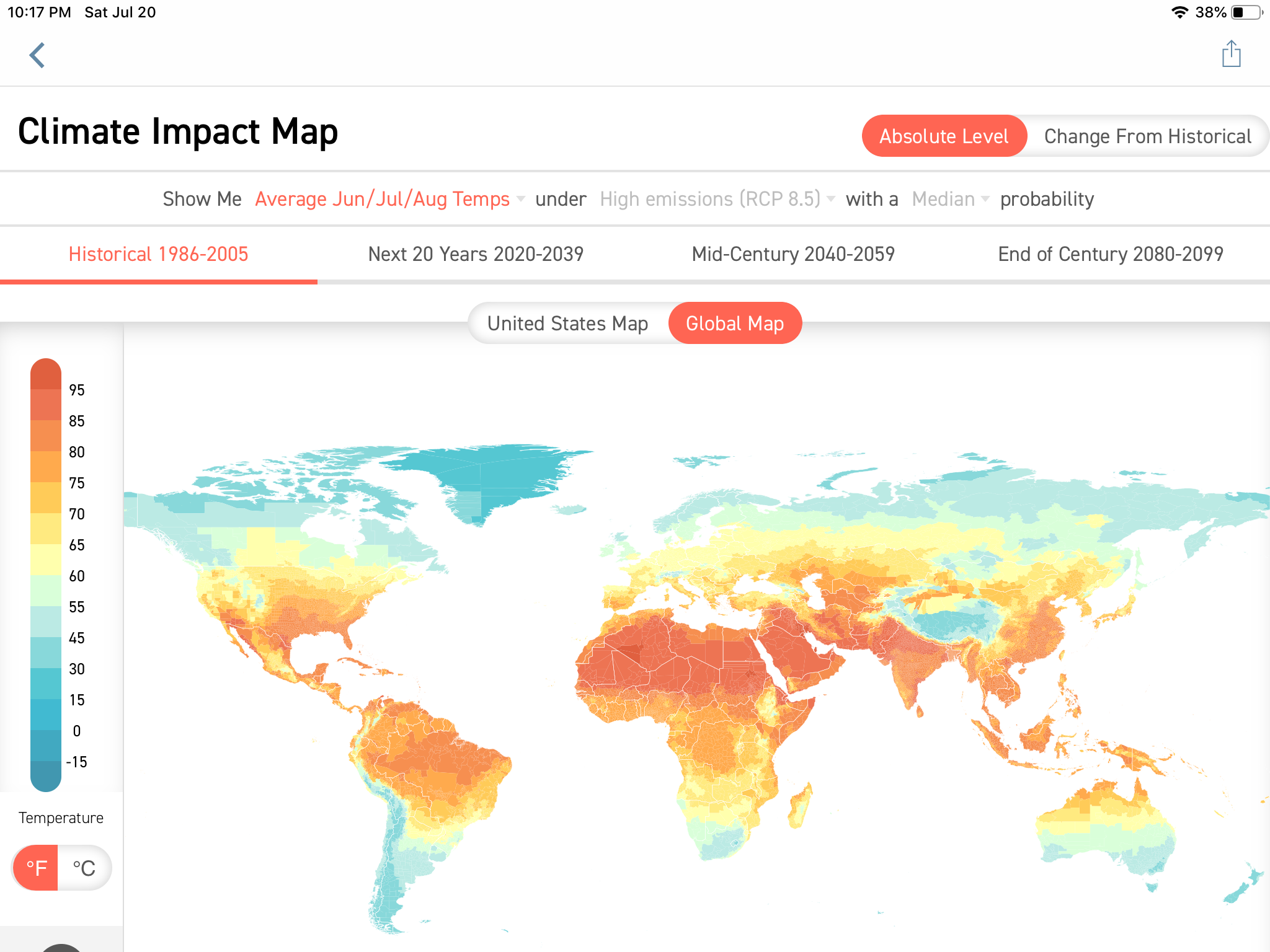Climate change is one of the most pressing issues facing our planet today. With rising global temperatures, melting ice caps, and extreme weather events becoming more frequent, it is crucial for us to understand what the future holds in terms of climate change predictions and projections.
The Science of Climate Change
Climate change is primarily driven by human activities, such as burning fossil fuels, deforestation, and industrial processes that release greenhouse gases into the atmosphere. These gases trap heat, leading to an overall warming of the planet. Scientists have been studying climate change for decades and have developed sophisticated models to predict future trends.
Temperature Projections
One of the most concerning aspects of climate change is the projected increase in global temperatures. According to the Intergovernmental Panel on Climate Change (IPCC), if current emissions trends continue, we could see a global temperature increase of 1.5°C to 4.5°C by the end of the century. This rise in temperatures would have severe consequences for ecosystems, agriculture, and human health.
Sea Level Rise
Another major impact of climate change is the melting of polar ice caps and glaciers, leading to a rise in sea levels. The IPCC predicts that sea levels could rise by 0.26 to 0.98 meters by the year 2100. This would result in increased flooding in coastal areas, threatening communities and infrastructure.
Extreme Weather Events
Climate change is also expected to increase the frequency and intensity of extreme weather events, such as hurricanes, droughts, and heatwaves. These events can have devastating impacts on communities, causing loss of life and property damage. It is essential for us to take action to mitigate the effects of these events.
Impact on Biodiversity
Climate change is already having significant impacts on biodiversity, with many species facing the threat of extinction due to habitat loss and changing environmental conditions. As temperatures continue to rise, we can expect to see further declines in biodiversity, disrupting ecosystems and food chains.
Adaptation and Mitigation Strategies
While the future of climate change may seem bleak, there are steps we can take to reduce its impact. By transitioning to renewable energy sources, reducing emissions, and implementing sustainable practices, we can help mitigate the effects of climate change. Additionally, investing in adaptation strategies, such as building resilient infrastructure and protecting natural habitats, can help us prepare for the changes ahead.
Conclusion
The future of climate change is uncertain, but by understanding the predictions and projections, we can take steps to mitigate its impact. It is essential for individuals, communities, and governments to work together to address this global challenge and create a more sustainable future for generations to come.

